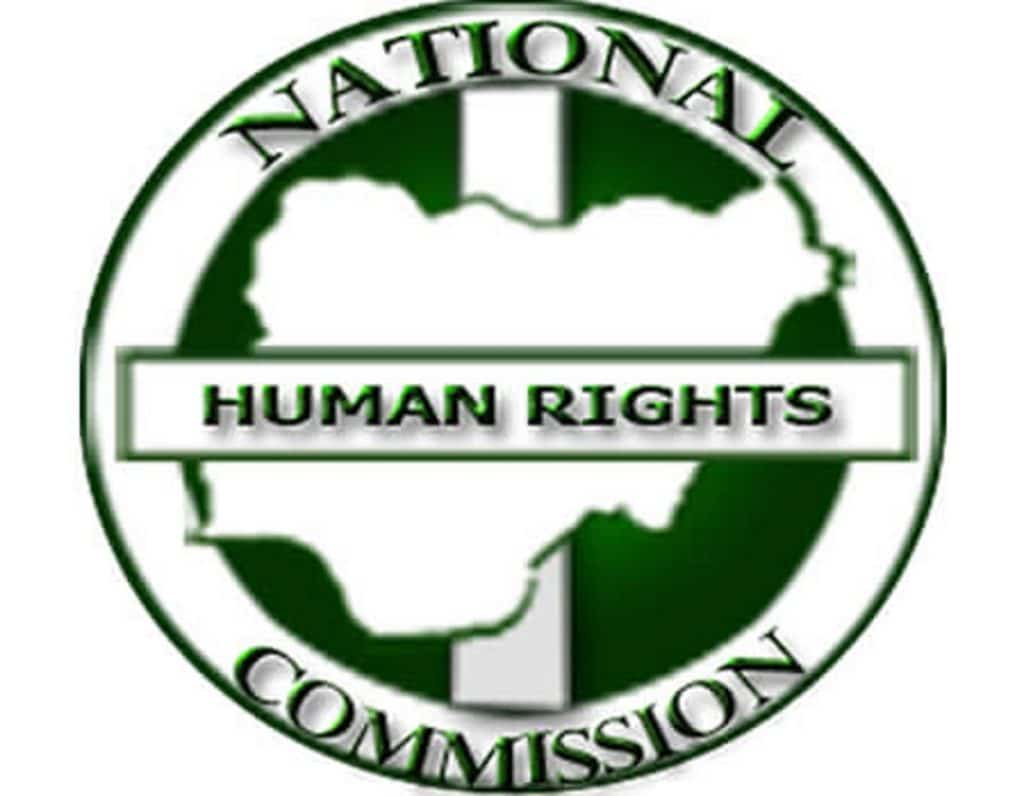Rights Abuses: We Got Over 450 Cases During Presidential, Guber Polls – NHRC
Posted by Samuel on Fri 31st Mar, 2023 - tori.ng 
The National Human Rights Commission, NHRC, has made a revelation about rights abuses during the elections.
The NHRC revealed that it received over 450 cases of rights violations during the just concluded general elections.
The Commission, through its Executive Secretary, Chief Tony Ojukwu, SAN, disclosed that whereas it got about 300 complaints of human rights abuses during the presidential election that held on February 25, it said a total of 150 cases were recorded during the Governorship and State Assembly Elections.
Ojukwu spoke during the launch of the E-Rights Project by the Avocats Sans Frontières France, otherwise known as Lawyers Without Borders.
According to him, aware that there would be cases of right violations, the NHRC, aside from establishing an Election Situation Room, deployed its officials to monitor activities of law enforcement agents during the elections.
“During the presidential elections, we had about 300 cases of complaints or human rights violations and during the governorship and State Houses of Assembly elections, we had about 150 complaints.
“However, I cannot say exactly the categorization. This is because some were about violence, vote buying, voter suppression, intimidation, hate speech and so on.
“Do not forget, we had a Situation Room which was able to harness the complaints of Nigerians across the board of the violations that happened during the election,” he added.
In her remarks, the Country Representative of ASF France in Nigeria, Angela Uwandu, said the E-Rights Project, which was funded by the European Union, was aimed at promoting the rights of Nigerians in the digital sphere.
“The e-RIGHTS Project will respond to issues by; providing a safe digital platform for human rights defenders, to report and monitor issues of digital rights breaches including data privacy breaches, cyber threats, internet shutdown and threat to the social media space and to ensure prompt response to cases reported.
“To achieve this, e-RIGHTS will establish a technical expert group and situation room of CSOs, lawyers, academics, tech platform providers and government partners for effective collaboration and coordination of digital rights issues in Nigeria.
“It will develop and train a network of lawyers, to intervene in cases of digital rights violations”, she added.













































